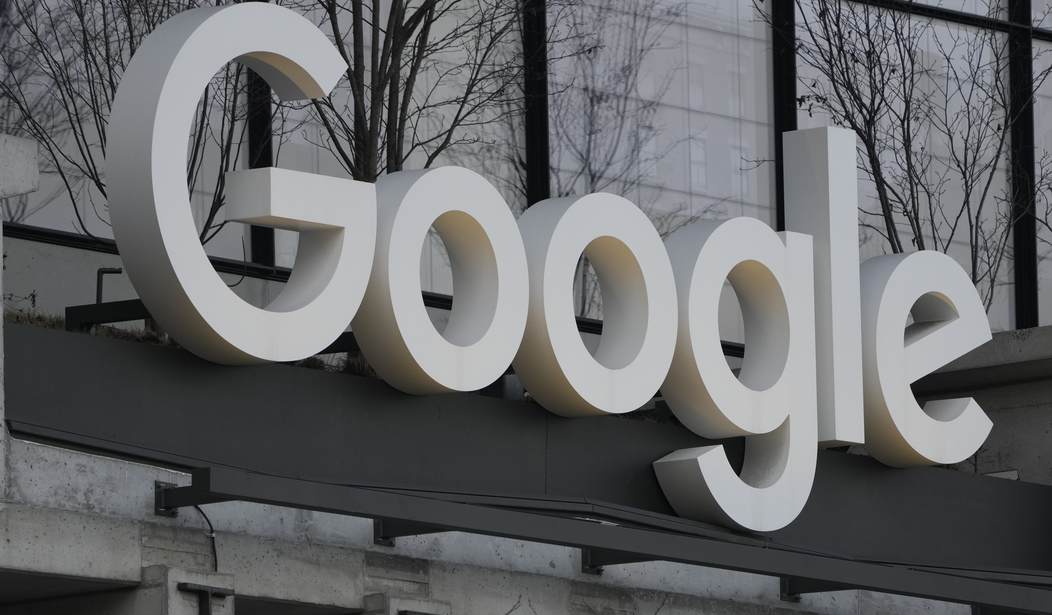Tech Giant Google has dominated search engine technology since its founding in 1998. But a federal judge just ruled that the company acted illegally to maintain its dominance of the search engine industry.
“Google is a monopolist, and it has acted as one to maintain its monopoly,” Judge Amit P. Mehta of the U.S. District Court for the District of Columbia said in a 277-page ruling.
The consequences of this ruling are far-reaching. Big Tech has never been slapped down like this before. Suits against Google, Apple, Amazon, Facebook owner Meta, Instagram, and WhatsApp now have a road map to follow and could, in several cases, be successful.
The outcome will likely change the way we do business and communicate online.
“This is the most important antitrust case of the century, and it’s the first of a big slate of cases to come down against Big Tech,” said Rebecca Haw Allensworth, a professor at Vanderbilt University’s law school who studies antitrust. “It’s a huge turning point.”
Judge Mehta did not offer any remedies for Google's illegal activities. Potentially, Google would be forced to sell off part of its business. Or the court could force Google to alter the way it does business. A prime target there is Google's deals with Apple and other companies that automatically handle search queries on their smartphones and web browsers. Google pays those companies billions of dollars a year. The result is that Google's search engine handles about 90% of all online searches, a number accepted by the court but disputed by Google.
“This landmark decision holds Google accountable,” Jonathan Kanter, the top Justice Department antitrust official, said in a statement. “It paves the path for innovation for generations to come and protects access to information for all Americans.”
In its statement, Google makes the point of all monopolists.
“This decision recognizes that Google offers the best search engine, but concludes that we shouldn’t be allowed to make it easily available,” said Kent Walker, Google’s president of global affairs. “As this process continues, we will remain focused on making products that people find helpful and easy to use.”
Mr. Walker kind of misses the point of how Google is able to offer "the best search engine." That said, the idea of punishing success in a capitalistic country is always fraught.
During the trial, Microsoft’s chief executive, Satya Nadella, testified that he was concerned that his competitor’s dominance had created a “Google web” and that its relationship with Apple was “oligopolistic.” If Google continued undeterred, it was likely to become dominant in the race to develop artificial intelligence, he said.
Google’s chief executive, Sundar Pichai, countered in his testimony that Google created a better service for consumers.
Users choose to search on Google because they find it useful, and the company has continued to invest to make it better, the company’s lawyers said.
"Google is winning because it’s better,” John Schmidtlein, Google’s lead courtroom lawyer, said during closing arguments. Better or bigger? It could be both, but if its size is used to squelch competition and unfairly dominate the market, that's a problem.
Will the decision force Google to divest itself of very valuable intellectual property?
The government argued that by paying billions of dollars to be the automatic search engine on consumer devices, Google had denied its competitors the opportunity to build the scale required to compete with its search engine. Instead, Google collected more data about consumers that it used to make its search engine better and more dominant.
Recommended: Biden Freezes Immigrant Flight Program After Massive Fraud Uncovered
There are many questions yet to be answered that we won't know until the judge sets out the parameters of what Google will have to pay. What will be its impact on Google's AI Overview? Will breaking up Google really lead to increased competition?
There are always unforeseen consequences to any big change and not all of them are going to be good. But the overall impact of taking down Google, and soon, other tech giants, can only be positive.










Join the conversation as a VIP Member